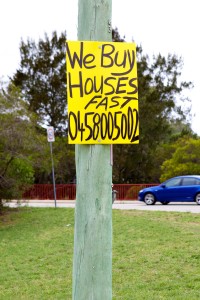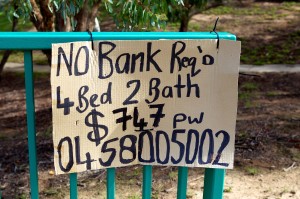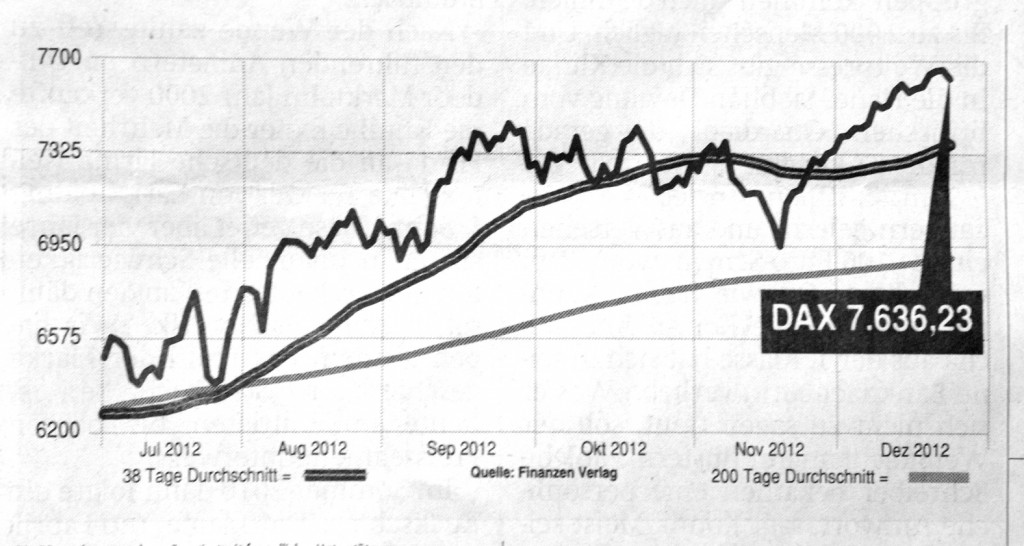I learned today of a shocking case of conduct on the part of a debt recovery agency which borders on theft and invasion of privacy.
A friend of mine, Narelle* recently discovered an amount of $600 missing from her Westpac bank account that didn’t make sense to her as to who had taken it and why. A few enquiries later and it turns out that her husband, Gary*, had been driving a tad too quickly (5kph over the limit) in Sydney. Five years ago.
Unbeknownst to Narelle and Gary, the speeding fine had been sent to their old address so the first they knew about it was only a couple of days ago. The authority that issued it had made no attempt to contact them other than, presumably, to mail a reminder that they had not paid the original $200ish fine. After a while the authority had passed the matter on to a debt recovery agency.
You’d reckon that at this point the debt collector would’ve made a rude phone call or Googled them and sent a message via Facebook to track Narelle and Gary down to get the money back. Nope. It seems that the agency sat and waited, watching Narelle’s bank account ready to pounce.
The thing is, not only have this lovely couple not had a run in with a debt recovery agency before, but they’re pretty good with their money. Narelle’s account is set up to transfer her pay over to their mortgage as soon as the dosh hits her account. They’d had this arrangement for several years and it pretty much always meant that she had next to nothing in her account.
Then one day recently that changed when they sold some shares, depositing the money into Narelle’s account. Taking their opportunity, the debt recovery firm suddenly pounced and withdrew $600 without Narelle’s knowledge or permission. How the hell the law allows any individual or company to monitor someone’s bank account without the account holder’s prior knowledge or permission, let alone withdraw money, is beyond me. And why Westpac allows customers’ accounts to be monitored without letting them know an outside organisation is wanting to track them down also makes no sense. But the debt collection agency has rudely informed Narelle that if she wants to contest it that she must prove that she and Gary never received the original fine in the mail and that they’d better get a lawyer.
So it’s now up to Gary and Narelle to either spend an unknown amount of money to fight the case, or have a black mark on their credit file for the next five years that’s not their fault.
Oh, and the agency also says that because Westpac charges a $13 withdrawal fee, Narelle and Gary have to cough up to cover this fee too.
*Names have been changed for privacy.









